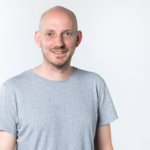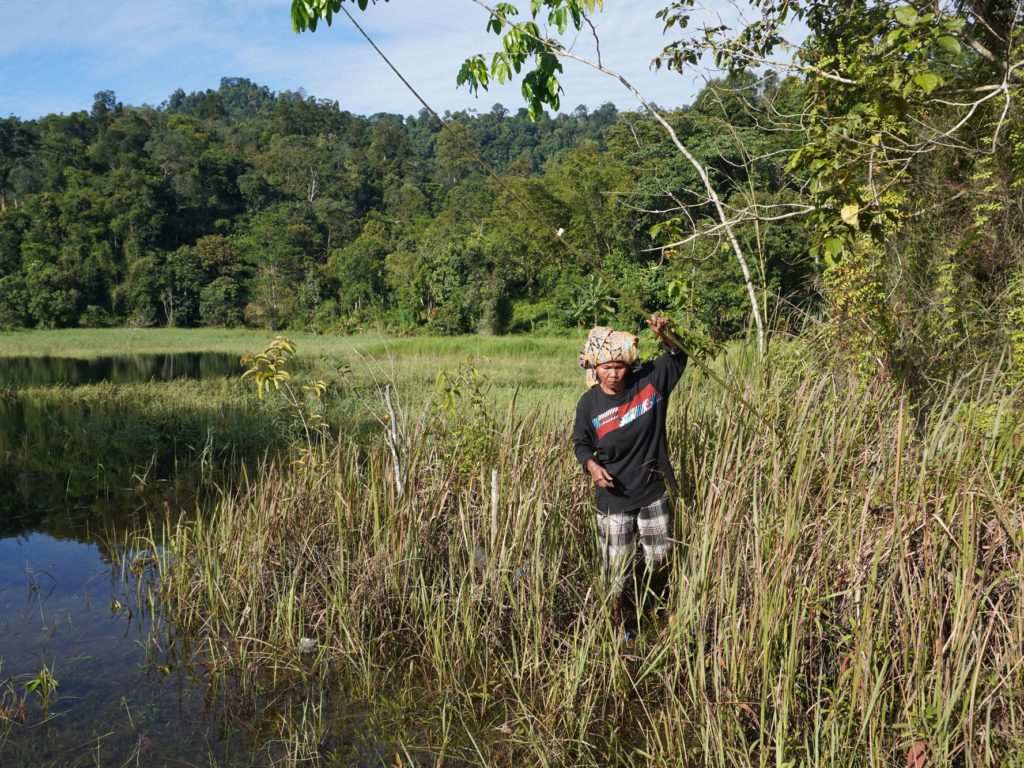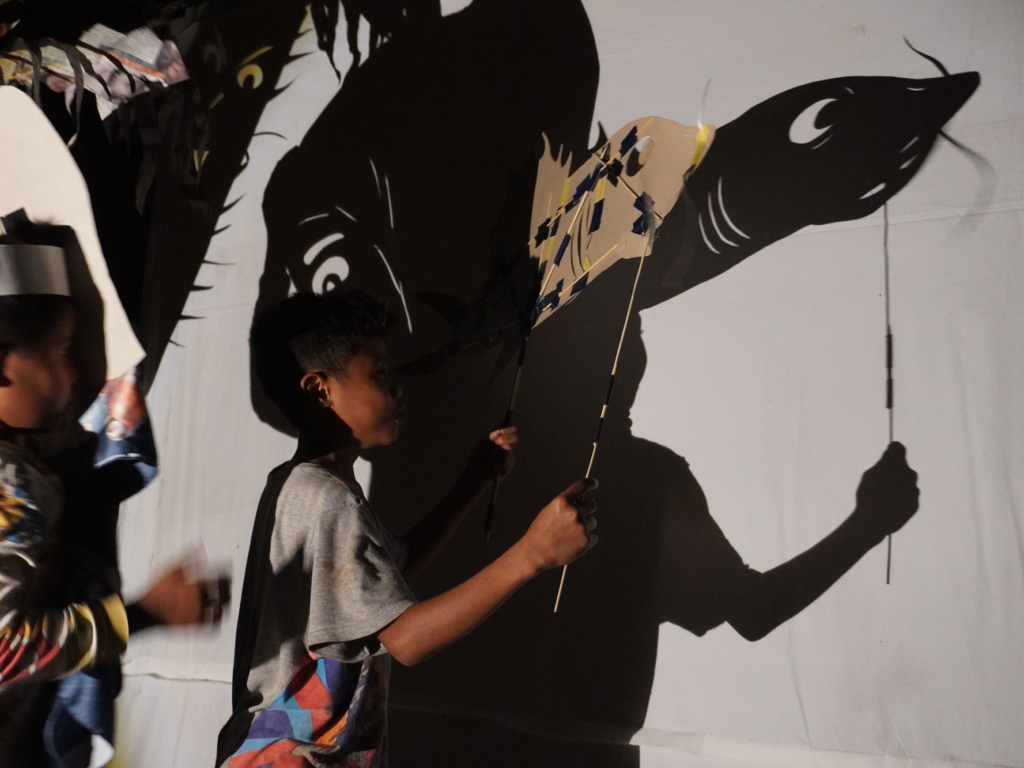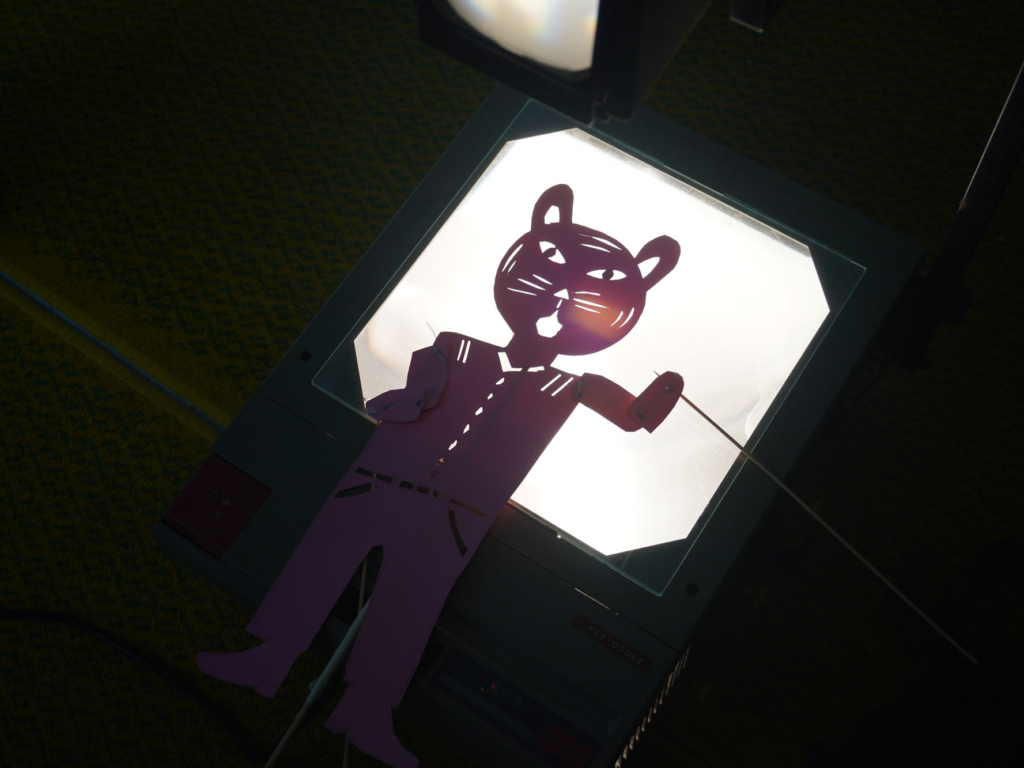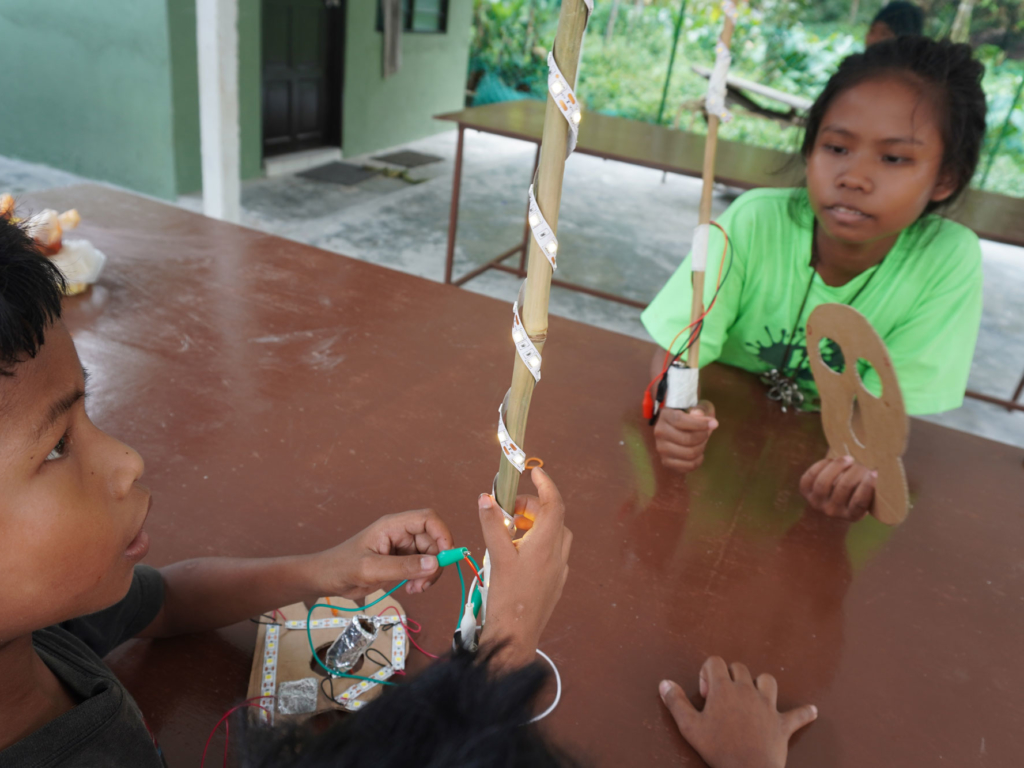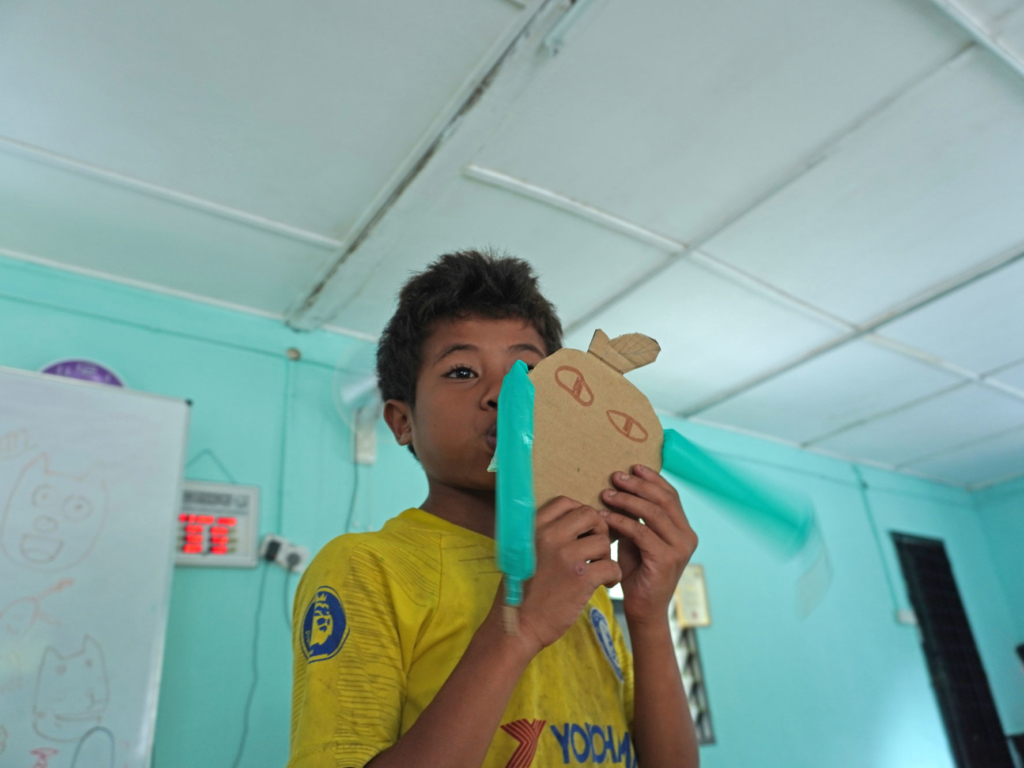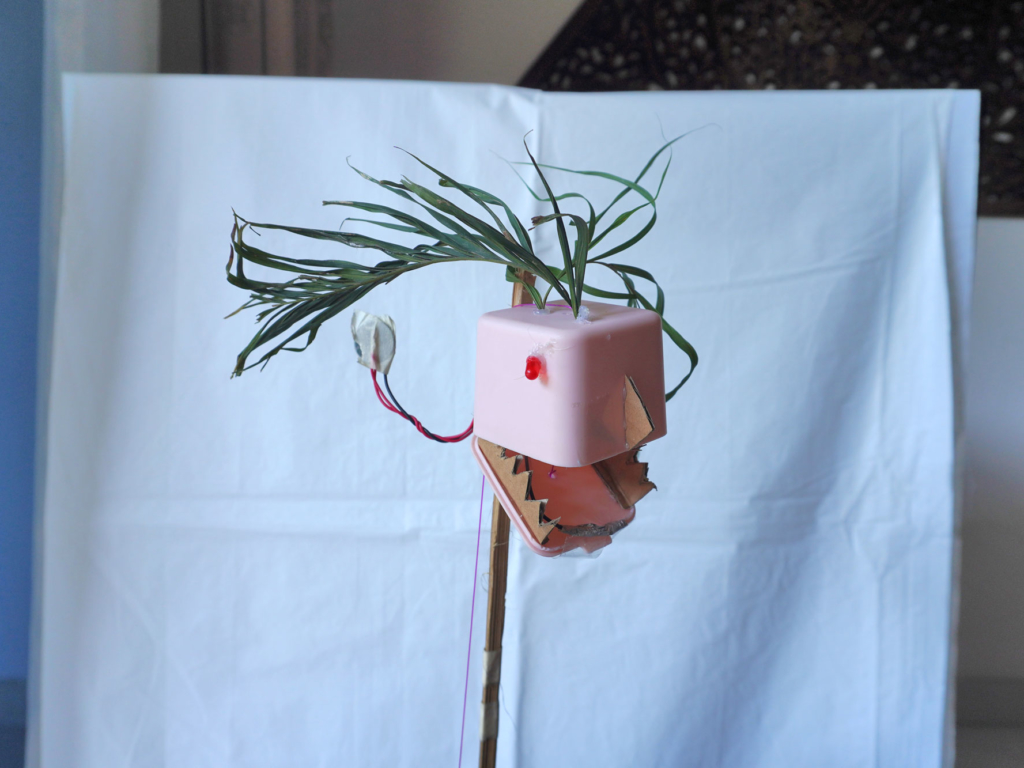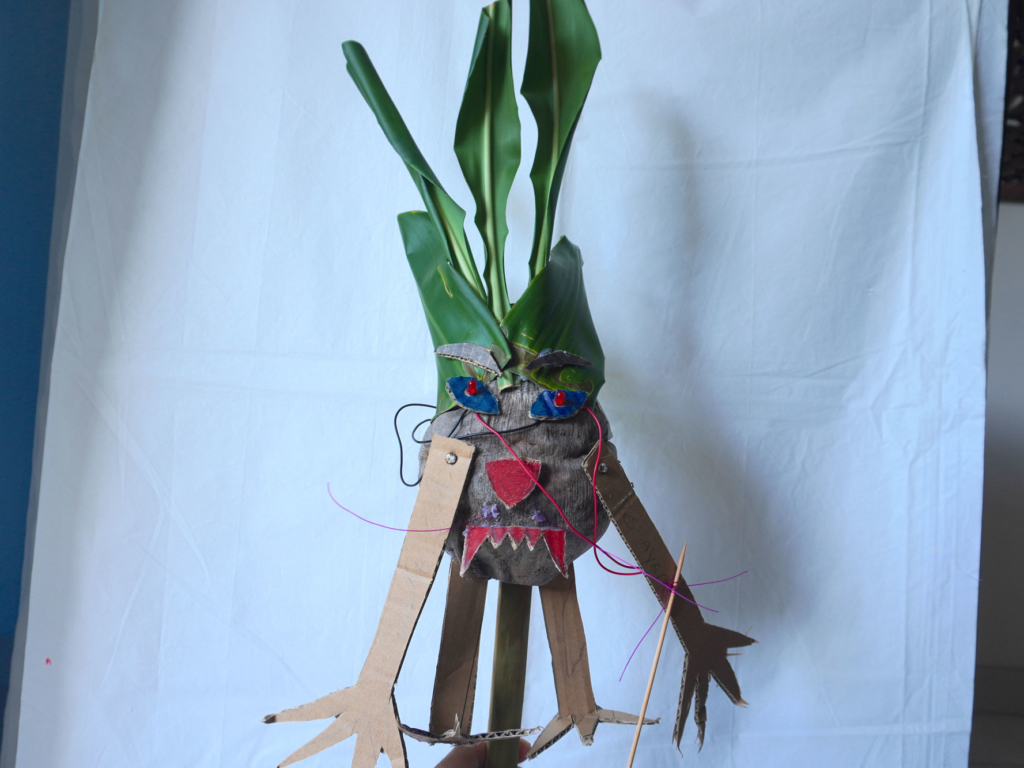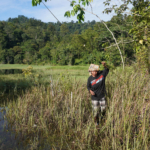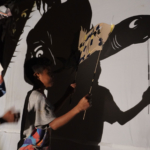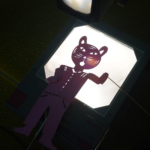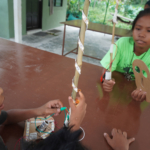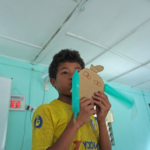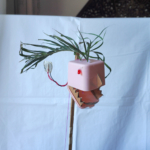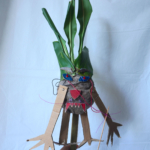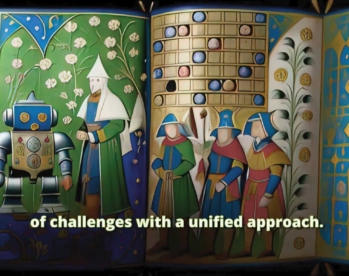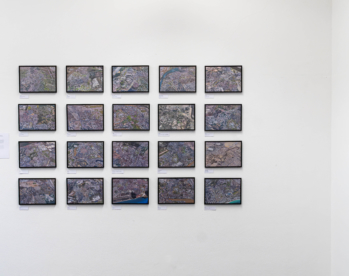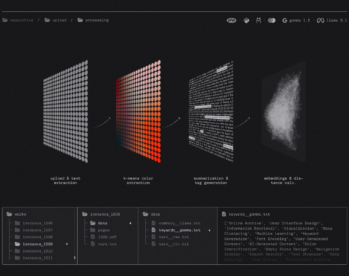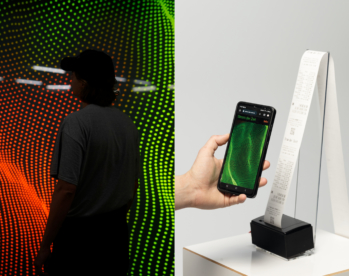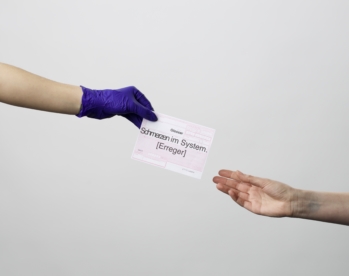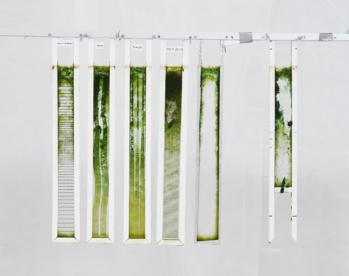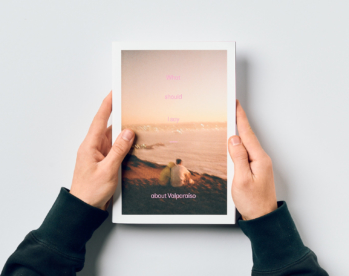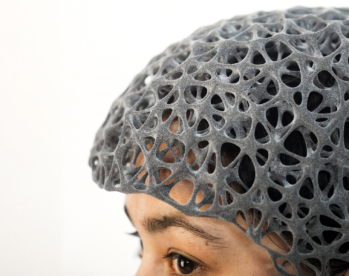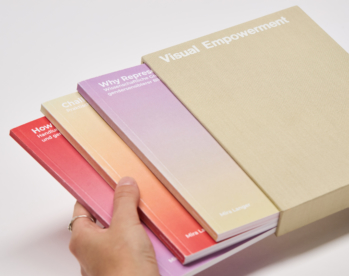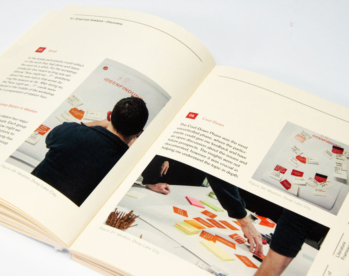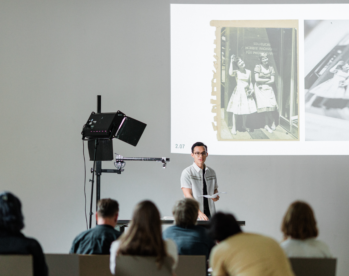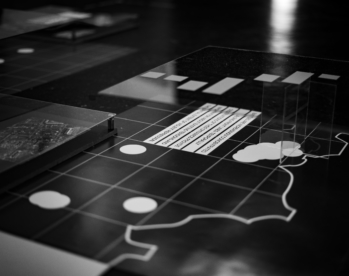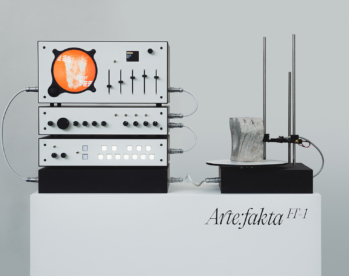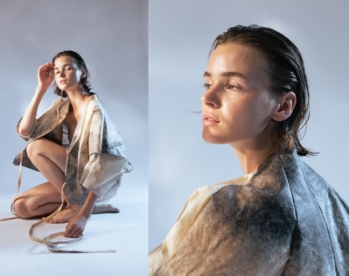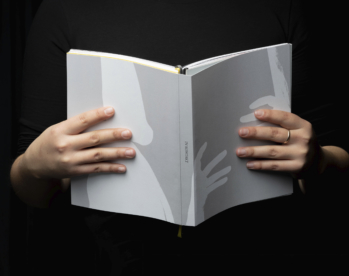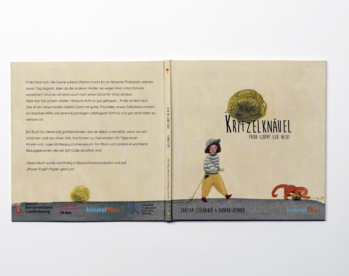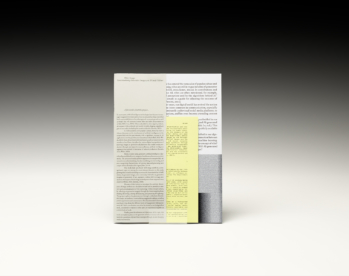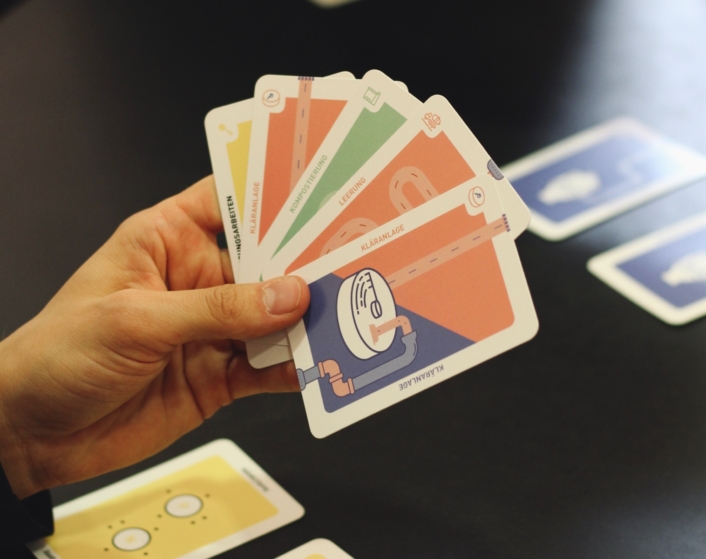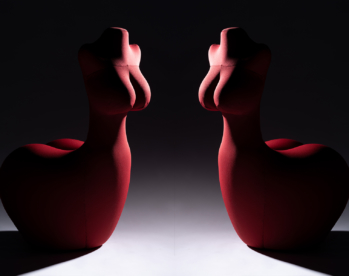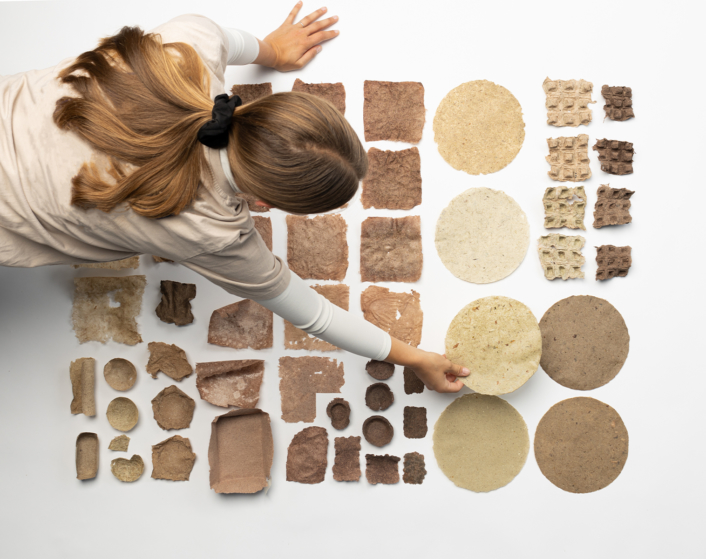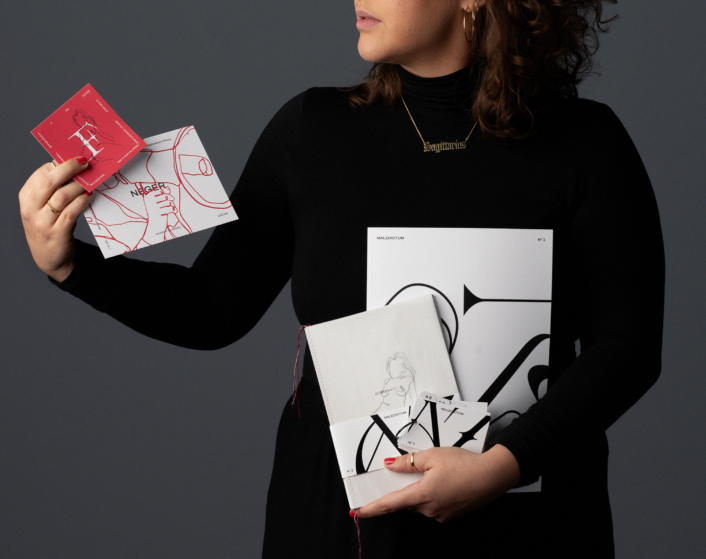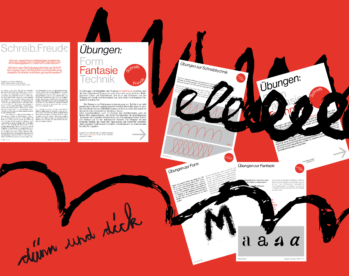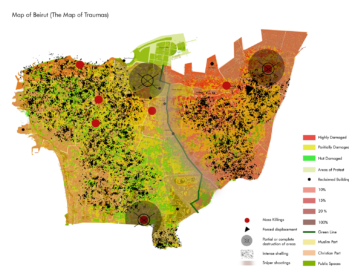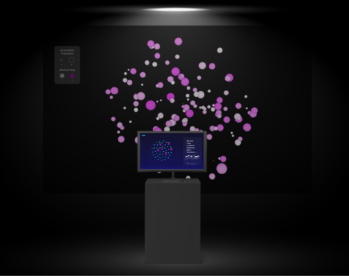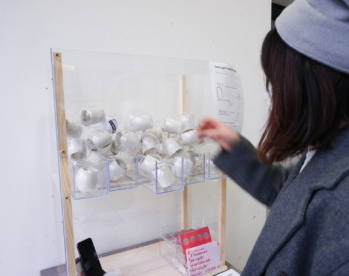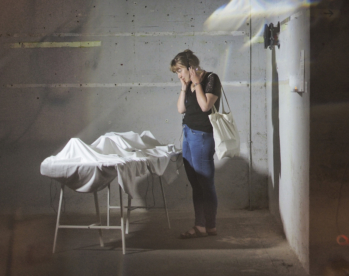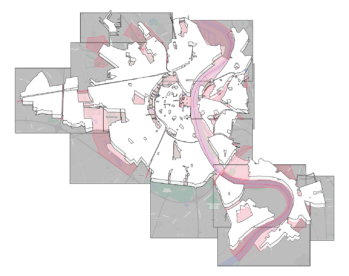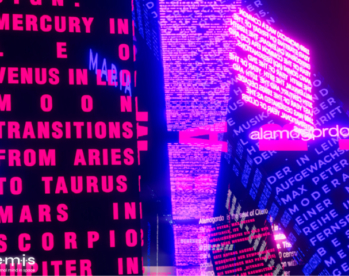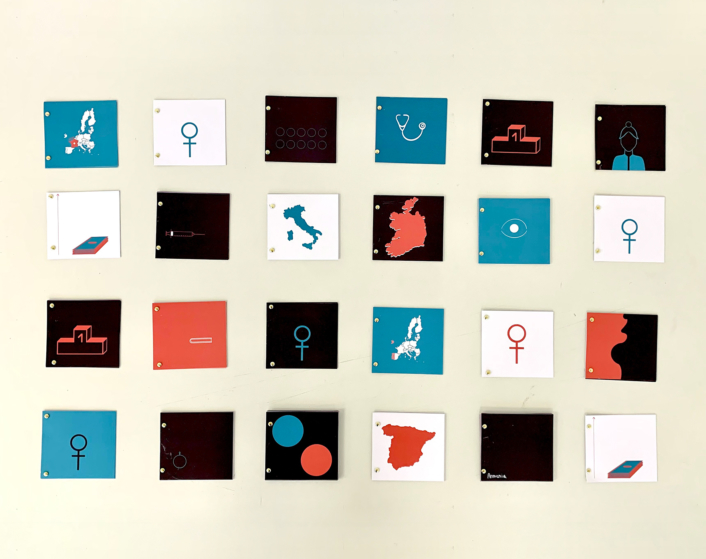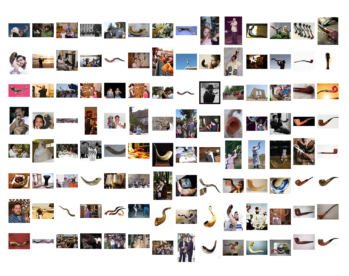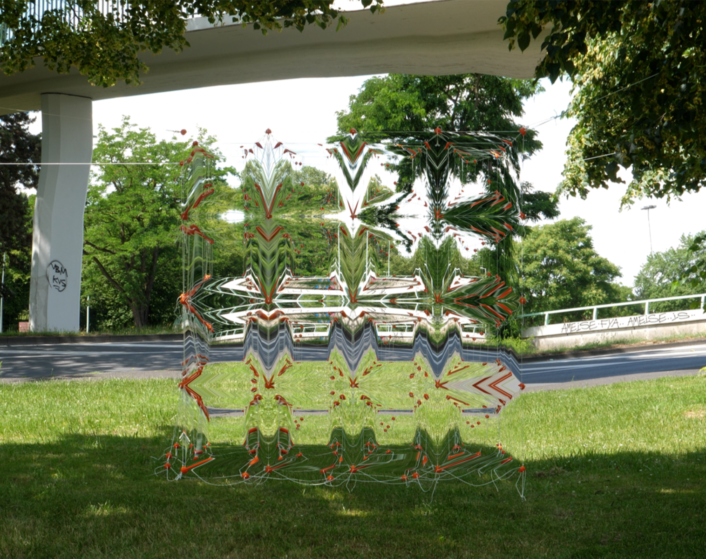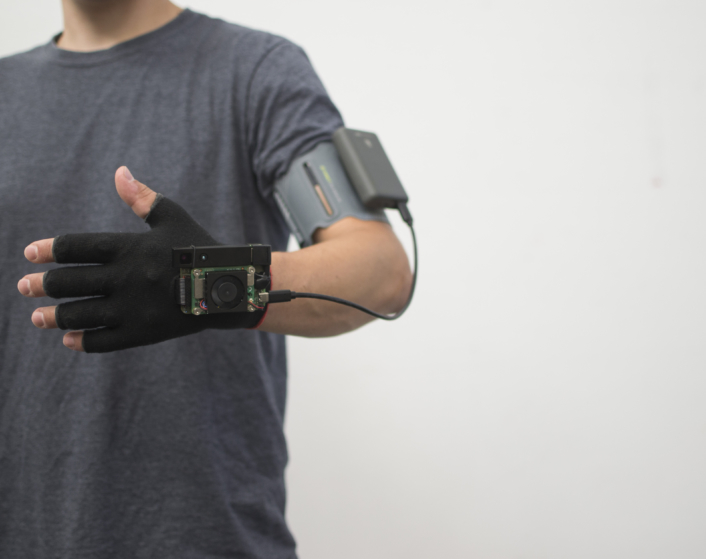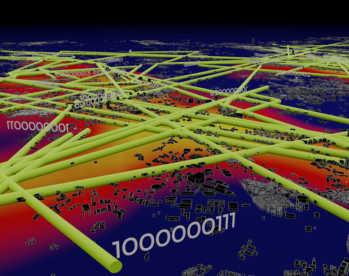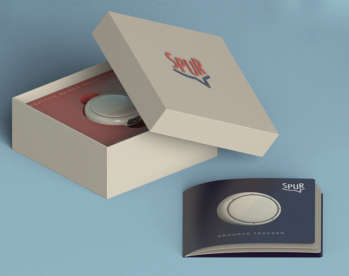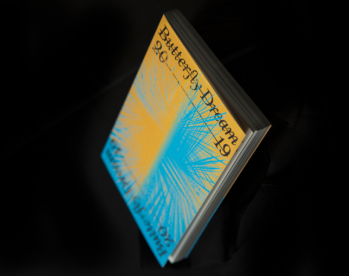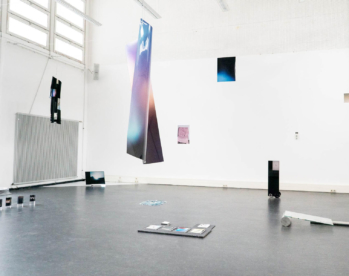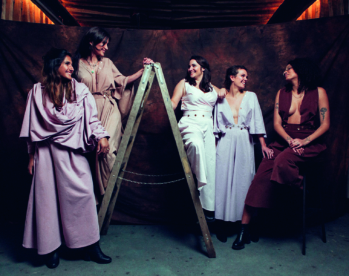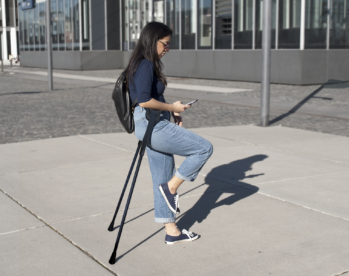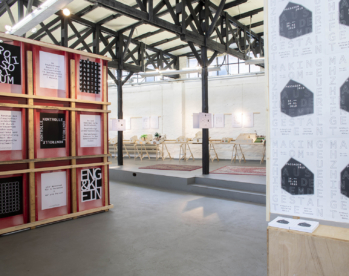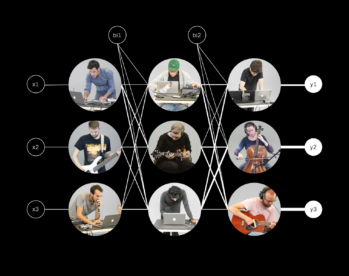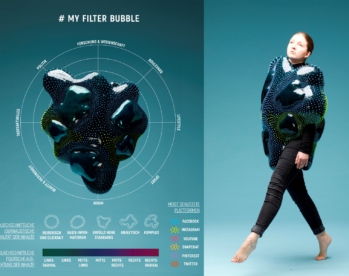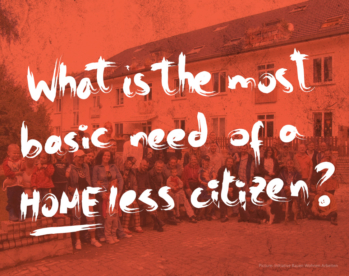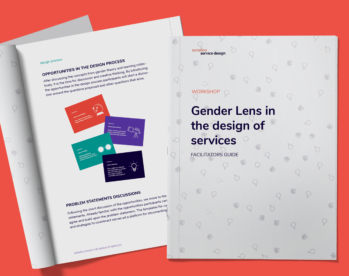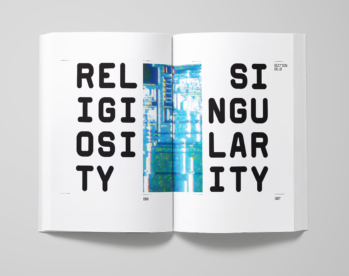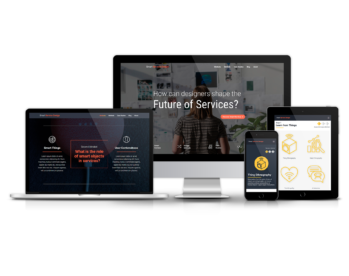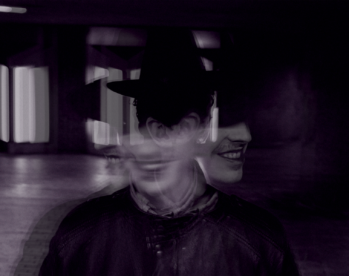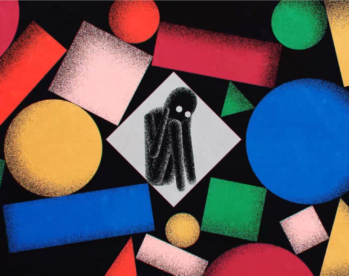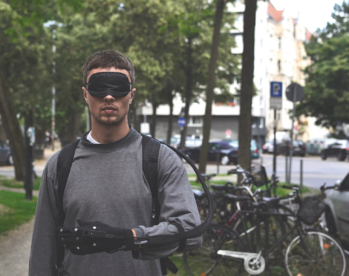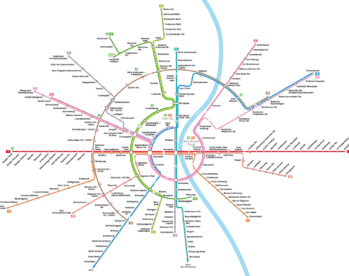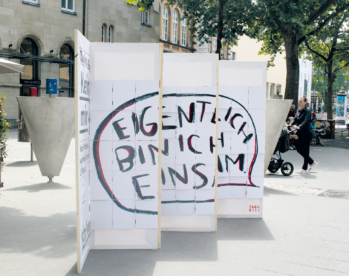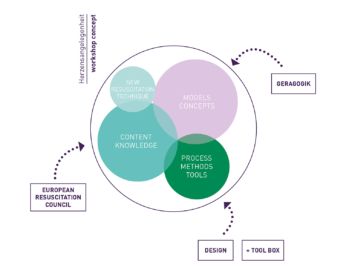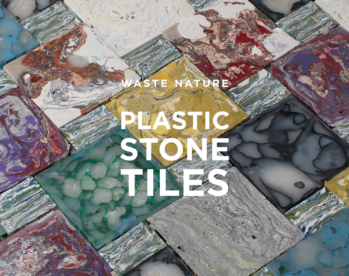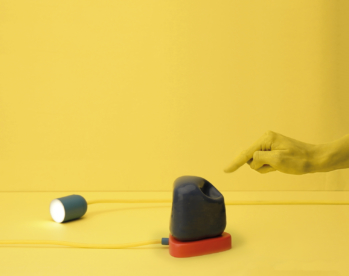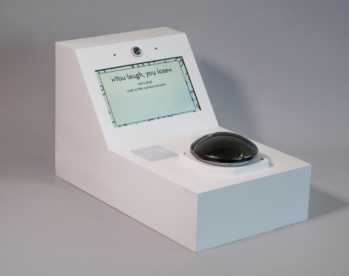Current social advocacy programs for Indigenous communities in Malaysia tend to concentrate on training young people into assimilating into the public education system. Albeit important, programs that engage in empowerment through self- expression and creativity appear to be lacking. This thesis intends to position itself at this gap; by looking at the possibilities of designing a program that uses puppetry storytelling imbued with technology, as a method to give agency to these adolescents through storytelling, traditional ecological knowledge, and tech literacy.
Taking off from a previous youth theatre workshop program; Sekolah Main Wayang (SMW) or School of Playing with Shadows, where young teens designed, devised and staged their own contemporary shadow puppetry performance – this master’s thesis project entitled “Wayang TEK-tek (WTT)”, looks at redesigning a new workshop program specifically for Indigenous children of Malaysian. By interpreting Paulo Freire’s theories on teacher-student relationships, we sought to design a pedagogy where traditional and contemporary knowledge is shared both ways and integrated into the stories and the design process.
The mission of the earlier SMW workshops was to make art and creative education accessible to underprivileged communities, but after several years of conducting these workshops, we were confronted with several issues regarding access to technology and materials, more so when we attempted to run our workshops for Indigenous teens that often live in rural and remote areas. It was here where the research question arose: how can these workshops be redesigned in a way that utilizes performing arts and technology pedagogy, to not only educate but also become a tool to empower Indigenous Malaysian youths?
A more interactive and discussive approach was deployed; through informal one-on-one interviews with experts, online presentations and group discussions with peers and practitioners of the field. With the core team of the project, we would conduct internal workshops where we experimented and tested specific modules before and after running sessions with the children. Each activity with the community would include internal discussions prior and after where every team member’s feedback and suggestions are used to improve the following workshop session. Although unknown to us at the beginning of this project, the aforementioned approach is similar to the well-known approach known as Action Based Research.
The projected outcome was to stage a public performance by the teens in their village but this proved unsuccessful as the funds and timeline didn’t permit this. Despite that, a prototype for a new workshop series was produced, one that we will continue to iterate moving forward. Through this project, we’ve learnt so much more than expected: from uncovering our own misconceptions about their culture, as well as unearthing the layers of internal/external politics within contemporary Indigenous communities.
Fairuz Sulaiman M.A. Integrated Design
Our collaborators include School of Asal and FabU.
View the video documentation here.
Supervised by Prof. Dr. Lasse Scherffig and Prof. Dr. Christian Faubel.
